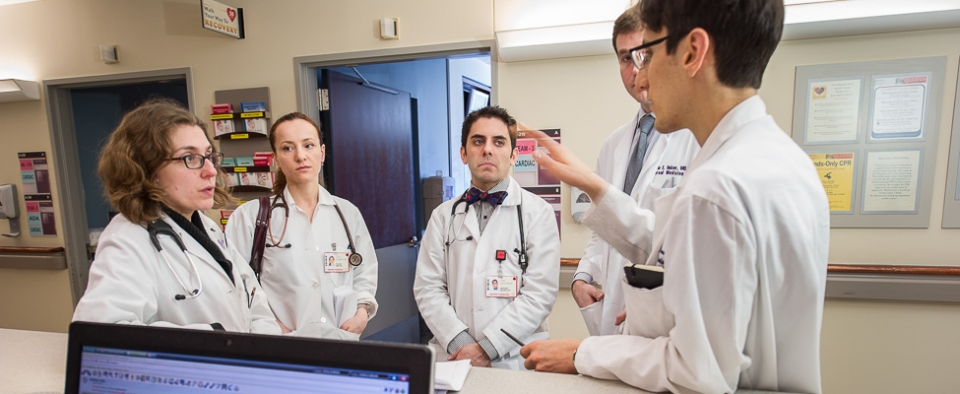Heart Failure and Transplantation
Heart failure is a serious condition that requires expert care. At the Weill Cornell Medicine Perkin Center for Heart Failure, our team of world-class cardiologists uses the most advanced diagnostic tools, imaging technology, and therapies to treat and manage heart failure. We work hard to diagnose and treat heart failure as early as possible, as well as provide long-term care that gives our patients the best possible outcomes.
What is Heart Failure?
Heart failure occurs when the heart cannot pump enough blood to meet the body’s demands. As the heart works harder to compensate there may be both a pressure and volume overload, which may become pathological. A “struggling heart” may also often become enlarged and/or lead to fluid retention and congestion.
Affecting more than 5 million Americans, heart failure is often a long-term (chronic) condition, but may also develop suddenly.
The most common risk factors for heart failure are diabetes, hypertension (high blood pressure), coronary artery disease, valvular heart disease, and certain genetic differences (leading the heart to be more vulnerable).
Some of less common causes of “systolic heart failure” include cardiac noncompaction (cardiotoxicity, a result of cancer treatment), systemic illnesses (affecting the heart including connective tissue), inflammatory diseases (sarcoidosis, lupus, rheumatoid arthritis, scleroderma spectrum of disease), and/or arrhythmogenic right ventricular cardiomyopathy (ARVD, fatty infiltration of the heart).
In younger patients, heart failure is often caused by myocarditis—an inflammatory response commonly brought about by a viral illness.
In elderly patients, heart failure with preserved ejection fraction (HFpEF) is increasingly recognized as the most common form of heart failure where the “pumping function” is normal but the heart functions at elevated pressures to generate the cardiac output and may often be associated with hypertension, diabetes, post-menopausal status, overweight and atrial fibrillation.
Conditions We Treat
Heart failure is complex and can lead to many different types of heart problems. Other cardiac disorders may have similar symptoms as heart failure, including hypertrophic cardiomyopathy and amyloid heart, each of which have specialized treatments. Therefore, it is important for patients to visit an experienced cardiologist who specializes in heart failure. Our program treats a wide range of heart failure conditions, including heart failure in patients with active or prior cancer, in close collaboration with Memorial Sloan Kettering Cancer Center and heart failure in patients with congenital heart disease in collaboration with our Adult Congenital Heart Disease specialists. Explore the links below to learn more about the conditions we treat.
Cardiac Amyloidosis
A dedicated program (one of just a few such dedicated programs in the country) led by Parag Goyal, M.D., MSc., an advanced heart failure physician and geriatric cardiologist
Cardiogenic Shock
Heart Failure with Preserved Ejection Fraction
Heart Failure with preserved ejection fraction (HFpEF), often called “diastolic failure” and heart failure with reduced ejection fraction (HFrEF), often called “systolic failure”.
Left Ventricular Assist Device
Pulmonary Hypertension
Pulmonary hypertension (Groups 1-5) and right-sided heart failure.
Our Approach
Our team of cardiologists, nurse practitioners, dieticians, physical therapists, and social workers work collaboratively to provide comprehensive care and maximize our patient’s quality of life. We offer the most advanced care for heart failure. In some cases, this includes monitoring procedures to expertly diagnose your condition and determine the best treatment plan for your health.
Our team offers a wide variety of treatments, based on each patient’s specific needs. We may treat heart failure with:
- Medications
- Minimally invasive (catheter-based) and other cardiac surgery techniques
- Mechanical circulatory support devices
- Heart transplant
Our program strives to diagnose and treat heart failure as early as possible and provide our patients with long-term care to achieve the best possible outcomes.
Schedule an Appointment
To schedule an appointment to see one of our physicians with expertise in heart failure, please call (646) 962-5555.
If you are already an established patient, you may also request an appointment online using Weill Cornell CONNECT. We will make every effort to contact you within 24 hours.
Our staff is here to help coordinate your care. They will provide you with information on our physicians, their areas of expertise and help arrange for your visit and other testing when appropriate.
Our Physicians
| Faculty | Title | Phone | ||
|---|---|---|---|---|
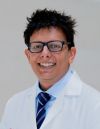 |
Parag Goyal, M.D., M.S.c. |
Associate Professor of Medicine, Director, Heart Failure with Preserved Ejection Fraction Program | 646-962-7571 | Full Profile |
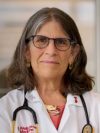 |
Evelyn M. Horn, M.D. |
Professor of Clinical Medicine, Director, Perkin Heart Failure Center | 646-962-5555 | Full Profile |
 |
Maria Karas, M.D. |
Associate Professor of Clinical Medicine, Director Cardiac Care Unit, Director Clinical Affairs | 646-962-5555 | Full Profile |
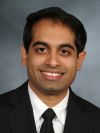 |
Udhay Krishnan, M.D. |
Assistant Professor of Medicine | 646-962-5555 | Full Profile |
 |
Daniel Y Lu, M.D. |
Assistant Professor of Medicine | 646-962-5555 | Full Profile |
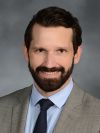 |
David T Majure, M.D. |
Assistant Professor of Medicine, Director Heart Transplant Service | 646-962-5555 | Full Profile |
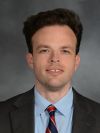 |
Daniel McDonald, M.D. |
Assistant Professor of Medicine | 646-962-5555 | Full Profile |
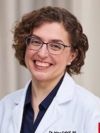 |
Irina Sobol, M.D. |
Assistant Professor of Medicine, Director Advanced Heart Failure Fellowship Program | 646-962-5555 | Full Profile |


